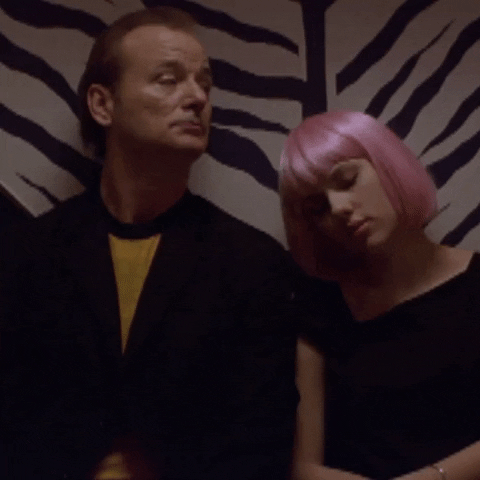The "female gaze" is a concept developed in response to the "male gaze" within feminist theory. It explores different ways of interpreting and representing women in art, media, and society, often in contrast to the traditional male-dominated perspective. Here are some key points to consider.
Definitions:
Shifting the gaze: Instead of positioning women as objects for male consumption, the female gaze centers on female subjectivity and perspectives. It looks at the world through the eyes of women, emphasizing their agency, desires, and lived experiences.
Deconstructing stereotypes: The female gaze challenges common tropes and stereotypes associated with women, such as hypersexualization, passivity, and dependence on male validation. It seeks to depict women in their full complexity and individuality.
Empathy and connection: The female gaze often prioritizes empathy and connection over objectification. It focuses on the inner lives and relationships of women, exploring their emotional depth, vulnerabilities, and strengths.
Examples:
Films directed by women: Movies like "Lost in Translation" by Sofia Coppola or "Wonder Woman" by Patty Jenkins showcase nuanced narratives and interpretations of female characters that deviate from the male gaze.
Art by female creators: Paintings by Frida Kahlo or photographs by Annie Leibovitz offer distinct perspectives on the female experience, often reclaiming and redefining notions of beauty and femininity.
Literature with female protagonists: Novels like "The Handmaid's Tale" by Margaret Atwood or "Things Fall Apart" by Chinua Achebe (which portrays the impact of colonization on women) offer diverse viewpoints on gender roles and societal constructs.
Challenges and complexities:
Essentialism: Some argue that focusing solely on a "female gaze" risks essentializing the experiences of women, overlooking the diversity of female identities and perspectives.
Accessibility and power dynamics: While the female gaze seeks to challenge male dominance, issues of access to resources and representation within mainstream media can still limit its reach and impact.
Evolving interpretations: The concept of the female gaze is continually evolving and contested, with ongoing discussions about its limitations and possibilities in various cultural contexts.
Further exploration:
Feminist film and literary scholars like Kaja Silverman, Mary Ann Doane, and Trinh T. Minh-ha have written extensively on the female gaze and its implications.
Contemporary artists and filmmakers actively engage with the concept, offering fresh perspectives and critiques through their work.
Discussions about intersectionality encourage considering how factors like race, class, and sexuality can further complicate and enrich the concept of the female gaze.

About the Author
Arabella Eloise Sveinsdóttir, a.k.a. Arabella Elric from Reykjavík is a visual artist, actress, writer, model, content creator, voice actress, and vlogger of Íslendingar-Mongolian heritage and Filipino nationality. She is an active volunteer for different organizations and humanitarian groups, and an advocate for mental health.
🩰 Visual & Performing Artist 🟡
Email: arabellaelricart@gmail.com | https://linktr.ee/arabellaelric



.webp)
.png)


No comments:
Post a Comment